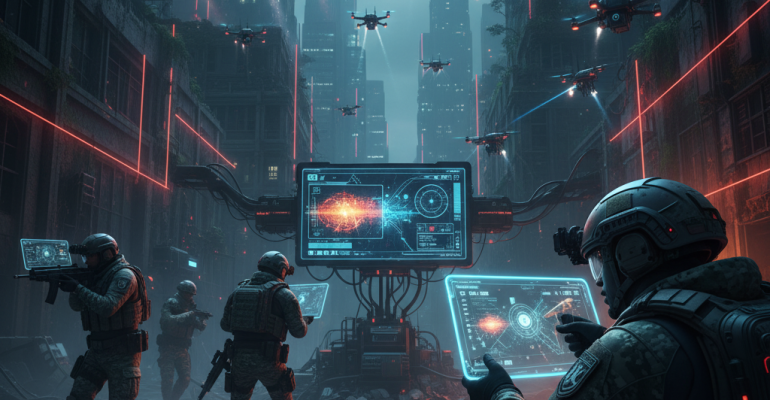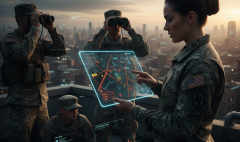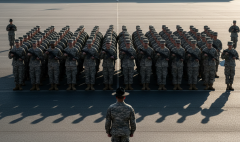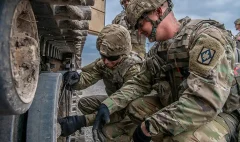The Role of Adaptability in Modern Military Operations
The Role of Adaptability in Modern Military Operations
In the past, wars were often defined by clear front lines and predictable strategies. Today’s military environment looks nothing like that. Modern operations are fluid, unpredictable, and often unfold in complex political and cultural landscapes. In this environment, adaptability isn’t just a nice-to-have skill—it’s the very foundation of survival and success.
Shifting Battlefields, Shifting Mindsets
One day, a unit might be tasked with humanitarian aid in a disaster zone; the next, it could be conducting security patrols in a volatile region. The ability to switch gears quickly—without losing focus or efficiency—is what sets successful operations apart. Adaptability isn’t about knowing everything in advance; it’s about being ready to adjust when the situation inevitably changes.
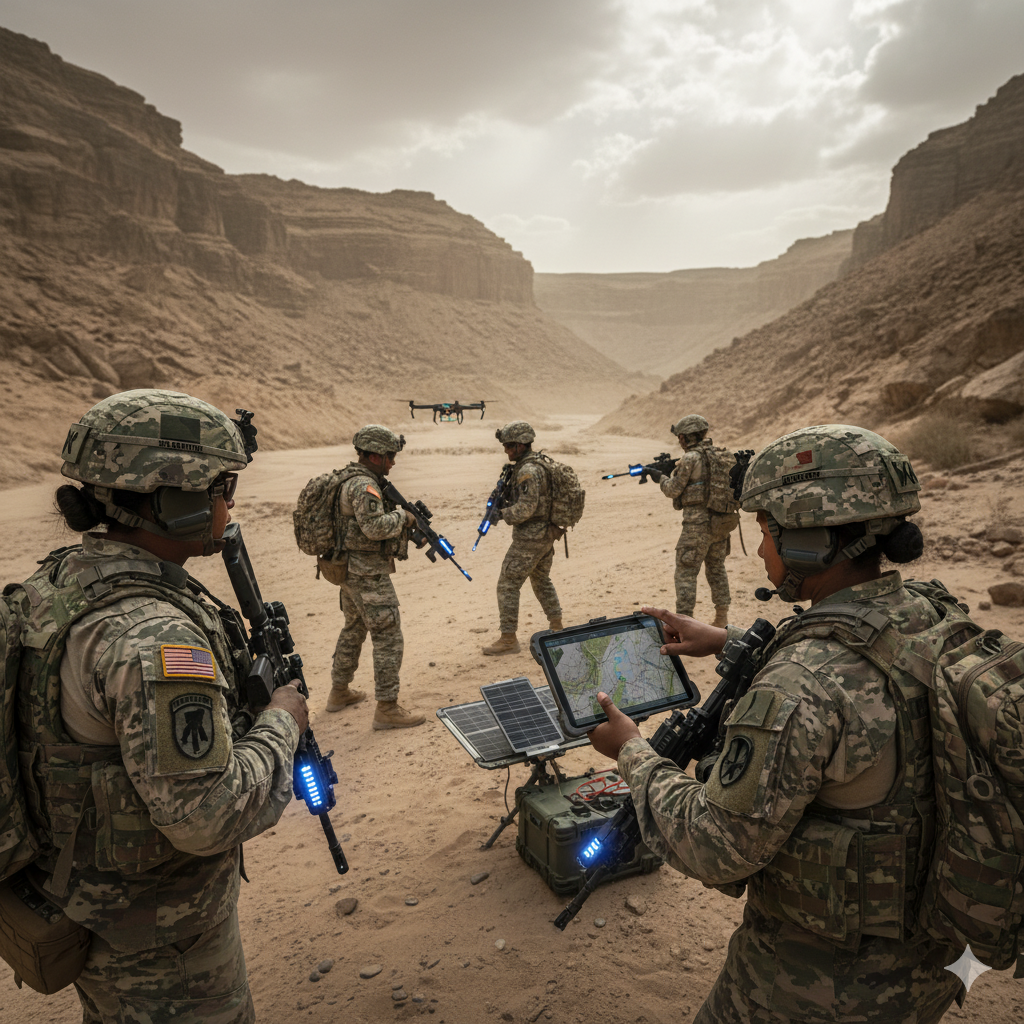
Technology as a Moving Target
Military technology evolves at a rapid pace, and adversaries adapt just as quickly. Soldiers and leaders must constantly learn new systems, from drones to cyber defense tools, while staying alert to how opponents are exploiting technology in unexpected ways. Flexibility in training and mindset ensures forces remain effective even when the tools of war change overnight.
Navigating Cultural Complexities
Modern operations often involve working within or alongside foreign communities. Adaptability here means more than military tactics; it requires cultural sensitivity, language awareness, and the ability to shift approaches based on the social environment. Building rapport in one village may require a completely different strategy in the next.
Leadership Under Uncertainty
Commanders at every level must make decisions with incomplete information. Adaptability means embracing uncertainty while still providing clear guidance to the team. Leaders who remain rigid risk losing momentum; those who adapt can maintain cohesion and purpose even when the path forward isn’t fully visible.
Training for the Unexpected
The military invests heavily in training scenarios designed to test flexibility—“what if” drills, role-playing unexpected crises, and cross-training personnel in multiple specialties. This isn’t wasted effort; it creates soldiers and units that can pivot seamlessly when reality doesn’t match the plan.
The Civilian Parallel
Adaptability in the military mirrors the demands of civilian life: workplaces where priorities shift daily, industries disrupted by technology, or personal lives that require flexibility. The ability to adapt isn’t just a battlefield asset; it’s a life skill with universal application.
Closing Thought
The modern battlefield rewards those who can shift, adjust, and reframe their approach in real time. Adaptability transforms chaos into opportunity, turning potential setbacks into new strategies for success. In today’s military, it’s not just about strength or firepower—it’s about staying agile in mind and spirit.

